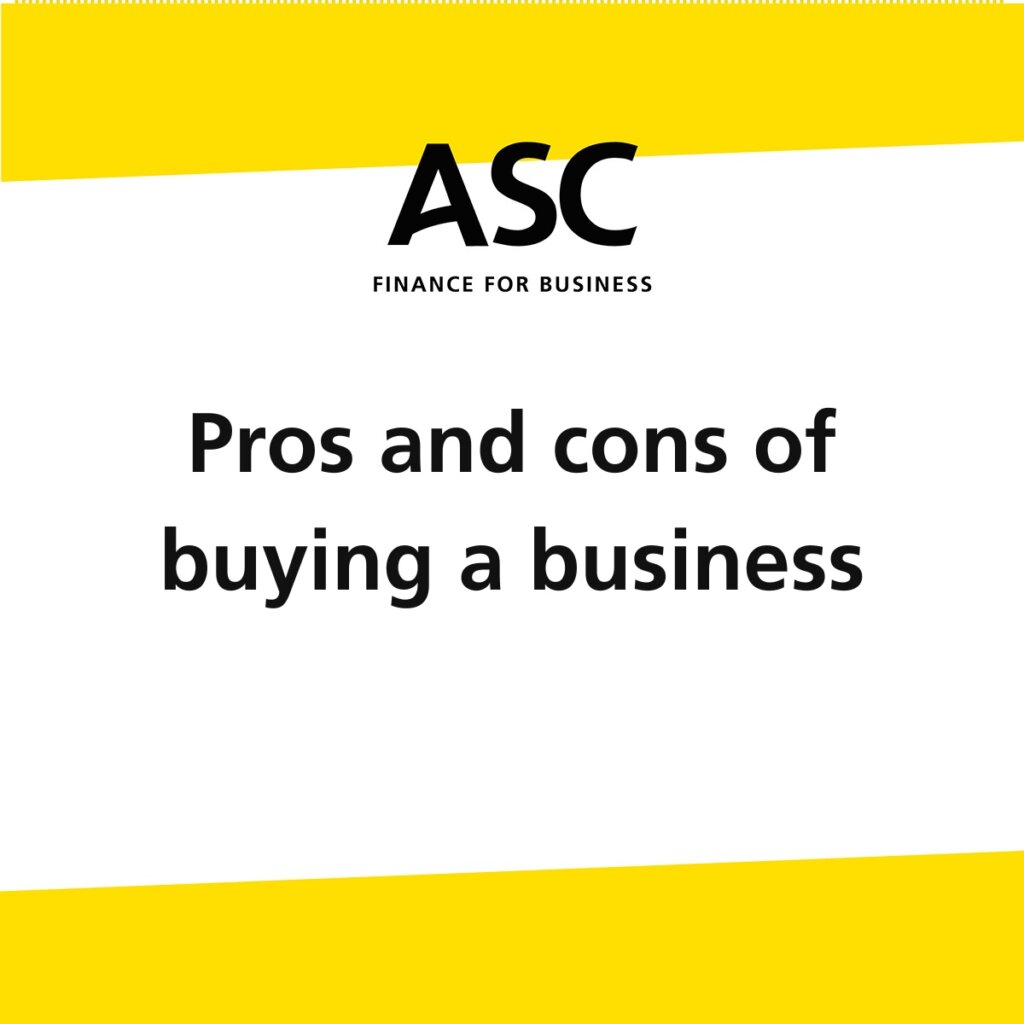There are many different ways you can start your entrepreneurship journey and be on your way to becoming your own boss.
If you’re thinking of starting a business, there are many complexities you might need to consider, from putting together a new business plan to conducting market research, finding an office, staff, and everything in between. The process can be time-consuming and sometimes overwhelming.
There is another option open to you, though – why not look and see if someone has already had a similar idea to yours and is selling a business that you could take to the next level? Your passion and expertise could be the missing ingredient.
In this article, BusinessesForSale.com, the world’s leading platform for buying and selling businesses, weighs up some of the pros and cons of buying an existing business. We hope it might help you decide which route is the best one to start your entrepreneurship journey.
Pros and cons of buying an existing business
Pro: becoming your own boss – from day one
Arguably, the most appealing part of buying a business is not having to report to anybody and gaining the ability to make decisions about the future of the business right from the get-go. Unlike a startup, you won’t have to put all the processes and structures in place yourself but can fit the existing ones to your liking.
Con: extra responsibility
The flip side of becoming your own boss is that you’ll also be taking on the responsibility of guiding the business, even during difficult times. If you have a growth mindset, there will always be more you can do, so try to be mindful of how much energy you’re able to give your business. You’ll be responsible for managing the welfare of any staff you inherit, too, so make sure you’re prepared to take on that challenge.
Pro: lower level of risk
Buying an existing business often comes with a lower level of risk than launching a startup since there’s an established business model for you to work with. On top of that, you’ve got the opportunity to ask the business’ previous owner about any mistakes they made or lessons they learned, so you can avoid repeating them.
Con: higher up-front costs
While the risk might be lower, purchasing an existing business will usually have a higher up-front cost than starting one. The upside of this, however, is that you’ll see returns on your investment much quicker since you’re working with existing products and customers.
Pro: sound economics
Buying a small business can often be a sound investment if you do your research thoroughly. Smaller businesses are not always priced strategically, and valuations can vary. There are sure to be some gems out there that you can get at a good price.
Con: lack of access to grants
Depending on the type of business, you could miss out on certain grants that are available to startup businesses if you choose to go down the route of buying. Do your research and make sure you know all the financing options available to you.
Pro: a built-in customer base
Buying a business means you’ll already have a base of customers who know your brand. This gives you a platform to build from, figuring out what they do and don’t like about how you operate and then inventing creative new ways to please them.
Should I buy a business or start one?
So what’s the verdict? While every business is different, buying instead of starting one can give you a big head start and let you dive straight into the operational side of things – if you’ve got the finances to meet the asking price. It also gives you the safety net of an existing customer base and a previous owner you can learn from.



